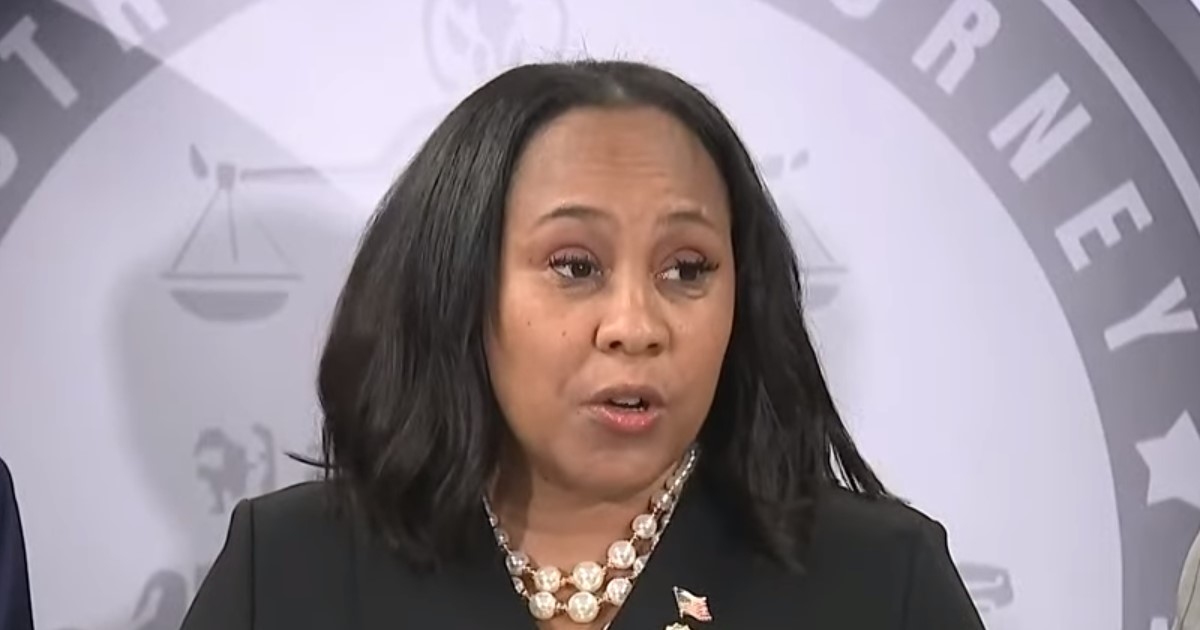Transgender judge demands U.K. Supreme Court rehear case that defined 'woman' based on biological sex
Earlier this year, the United Kingdom's Supreme Court ruled that the legal definition of a "woman" was based on biological sex, which struck a substantial blow to the push for transgender individuals to be allowed access to women-only spaces.
The U.K.'s first transgender judge is now demanding that the high court rehear the entire case on a claim that their rights were violated by the process, according to The Guardian.
Retired Judge Victoria McCloud, who stepped down last year in an unsuccessful effort to intervene in the case, is asserting that transgender individuals were not granted fair representation or permitted to submit evidence when the Supreme Court heard arguments on the matter.
The Supreme Court's ruling
In April, according to the BBC, the U.K. Supreme Court ruled that, at least in terms of the 2010 Equality Act, the legal definition of "woman" was "binary" and based on biological sex.
As such, any person who was not biologically female could not claim the law's legal protections for women, even if they had officially changed their "sex" with a Gender Recognition Certificate from the government.
That ruling stemmed from a lawsuit filed by several women's rights groups, led by For Women Scotland, against the Scottish government's inclusion of transgender individuals to fill gender balance quotas on public sector boards, essentially allowing biological males who claim to be female to take limited positions reserved solely for actual women.
Rehearing demanded with proper representation
As that case proceeded, per The Guardian, former Judge McCloud resigned from the bench and applied to intervene in the litigation on behalf of other transgender individuals with GRCs, but that request was rejected.
Now, citing alleged violations of multiple articles under the European Convention on Human Rights, particularly the Article 6 right to a fair and impartial hearing by an independent tribunal, The Independent reported, McCloud has urged the Supreme Court to rehear the matter, this time with proper representation of transgender interests.
McCloud is joined by Oscar Davies, the first openly non-binary attorney in the U.K., and Olivia Campbell-Cavendish, the executive director and founder of Trans Legal Clinic and the first black and trans lawyer in the U.K., making this the first case in history to be comprised of a trans-led legal team.
A spokesperson for the Trans Legal Clinic said in a statement, "For the trans community, it embodies a simple truth: there must be no more conversations about us, without us."
"At its heart lies the principle in Article 6 of the European Convention on Human Rights; the right to a fair and impartial hearing by an independent tribunal," they added. "This cornerstone of democratic societies exists to guarantee that those whose rights are affected can take part in proceedings that determine their future."
Critics say no basis for McCloud's case
However, the effort by McCloud has been deemed "incomprehensible" by Maya Forstater, CEO of Sex Matters, who said it "looks more like a deceptive and expensive PR campaign than a serious legal strategy," per The Independent.
"The European Court of Human Rights only hears cases that have exhausted all domestic legal remedies, and since McCloud wasn’t a party to For Women Scotland in the Supreme Court, that’s not the case here," she explained. "It’s a fantasy that someone can go straight to Strasbourg to complain that the Supreme Court in their own country didn’t listen to them."
"Conceivably, McCloud’s team may be planning to go to the U.K. High Court to seek a declaration of incompatibility with domestic human rights law, in the expectation that that will provide a route to" the European human rights court, Forstater added. "But it’s a large assumption, to say the least, that the High Court would disagree with the Supreme Court’s assessment of the proposed intervention by McCloud."






